Patrice Evra (Part 1)
Patrice Evra (Part 1)
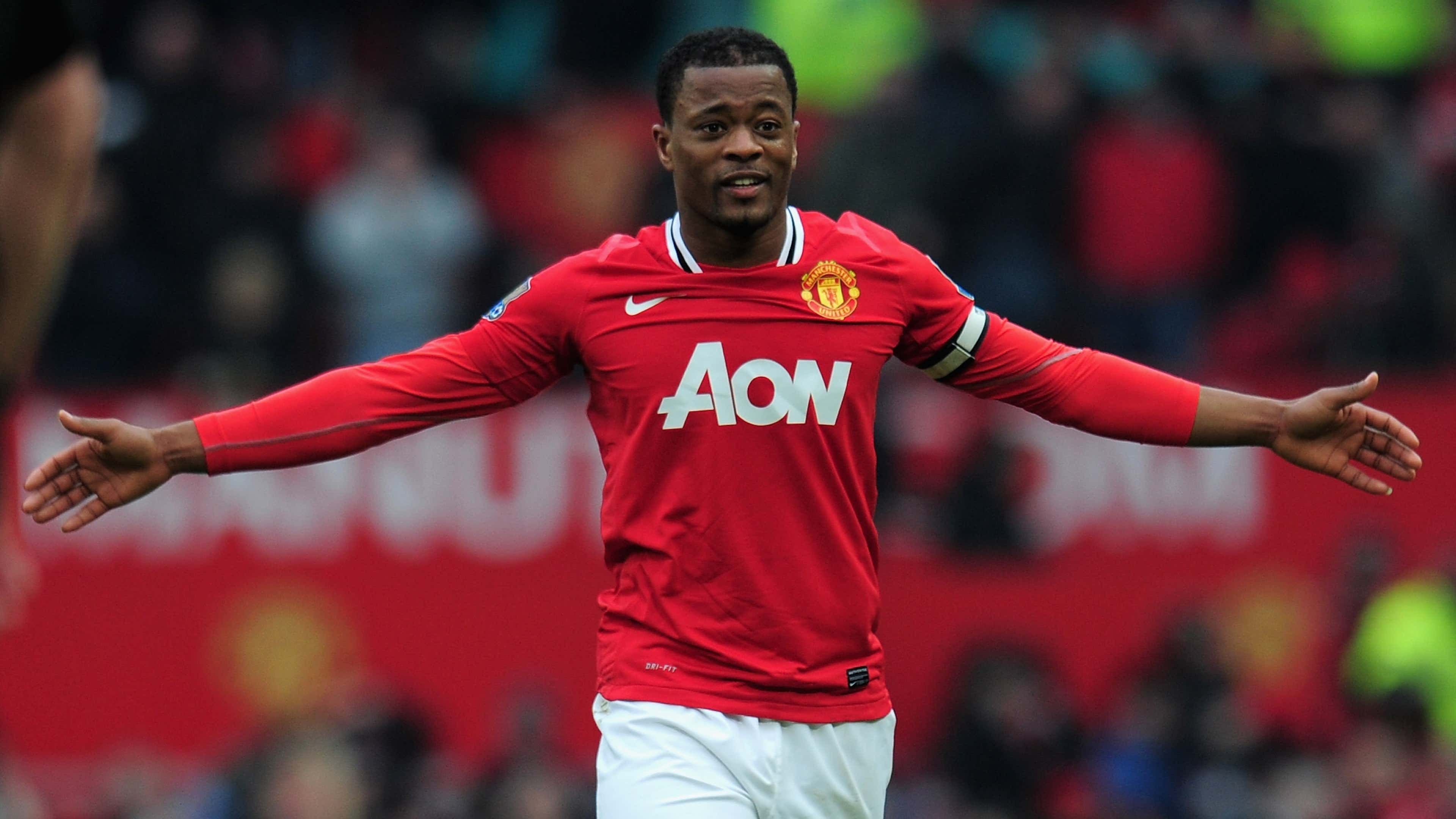
Patrice Latyr Evra, born on May 15, 1981, is a retired French professional footballer who primarily played as a left-back. Known for his leadership qualities, he served as captain for both Manchester United and the France national team. Evra earned recognition for his performances, being named in the PFA Team of the Year three times, as well as earning spots in the FIFPro World XI and the UEFA Team of the Year. His former manager at Manchester United, Sir Alex Ferguson, praised Evra as one of the best left-backs in Europe.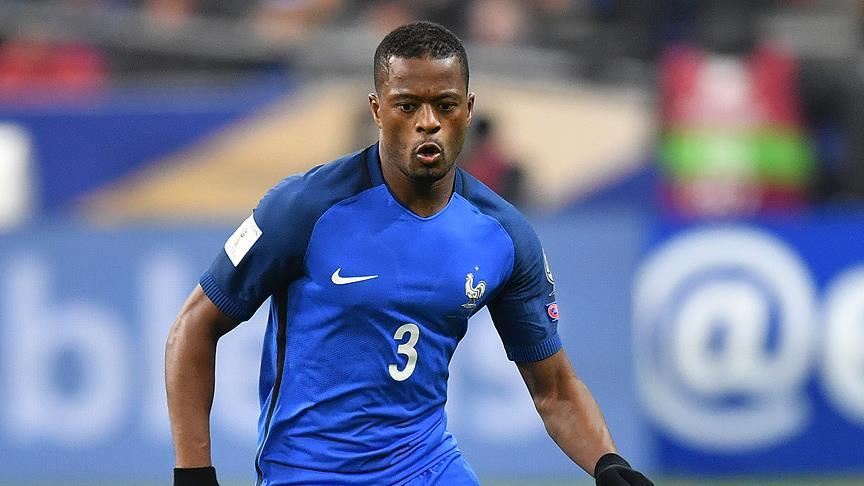
Born in Senegal, Evra moved to Europe at a young age due to his father's diplomatic career. He began his professional career with Italian club Marsala before joining Monza. After a brief stint at Monza, he returned to France to play for Nice, where he transitioned into a full-back role. In 2002, he signed with Monaco and was part of the team that reached the 2004 UEFA Champions League Final. His impressive performances caught the attention of Manchester United, and he joined the English club in January 2006. During his eight-year tenure at United, Evra won 14 trophies, including five Premier League titles and a UEFA Champions League.
Evra moved to Juventus, where he won two Serie A titles and reached another Champions League final. After a brief spell at Marseille, he retired from professional football in July 2019. Evra represented France in five major international tournaments, including the UEFA European Championships in 2008, 2012, and 2016, as well as the FIFA World Cups in 2010 and 2014. He captained the French national team during the 2010 World Cup, but was suspended from duty for five matches following the team's controversial campaign. However, he returned to play a key role in France's successful 2014 World Cup campaign in Brazil.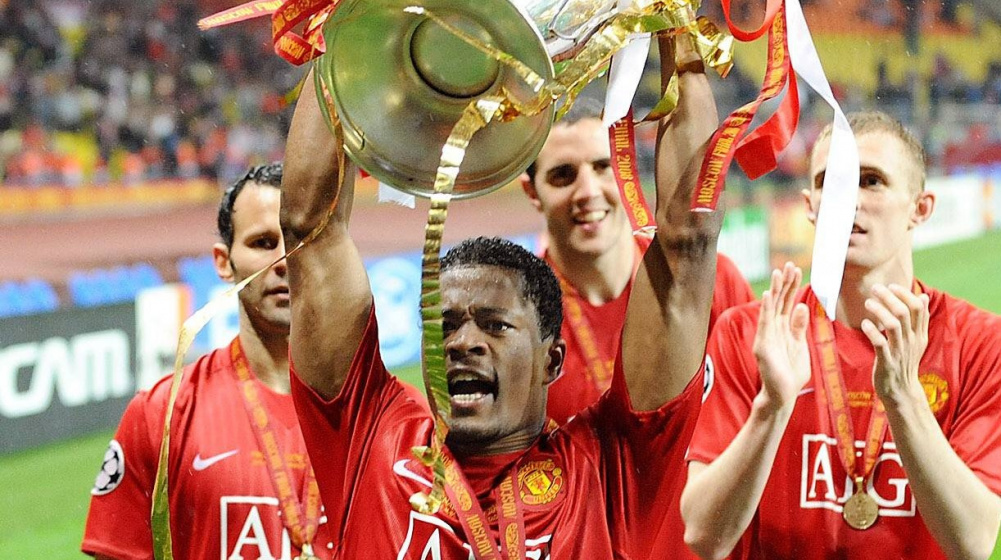
Patrice Evra's football journey began in his hometown of Les Ulis, where he played in the streets before being brought to CO Les Ulis by his friend Tshymen Buhanga. Buhanga touted him as the "new Romário" to the club coach. Initially, Evra played as a striker but faced rejection from professional clubs like Rennes and Lens due to his size.
In 1993, Evra joined amateur club CSF Brétigny and continued to pursue his football dreams. Despite trials with clubs like Toulouse and Paris Saint-Germain, he struggled to make an impact and was eventually released by PSG. However, during an indoor football tournament in Juvisy-sur-Orge, he caught the eye of an Italian scout who offered him a trial with Torino.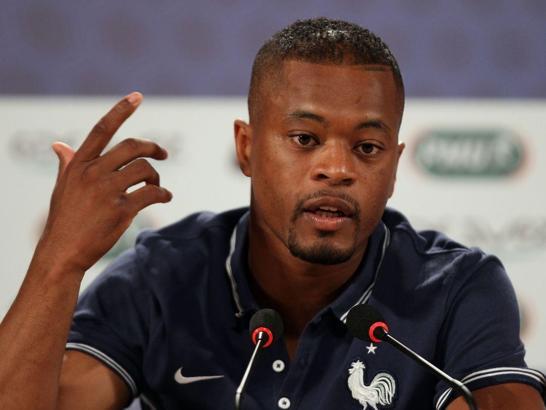
After impressing during the trial, Evra was offered a spot in Torino's youth team. However, he opted to join Serie C1 club Marsala instead, where he signed his first professional contract at the age of 17. Evra's talent and potential led him to move to Serie B club Monza after just one season with Marsala. Despite limited appearances at Monza, Evra's determination remained strong as he continued his journey in pursuit of professional success.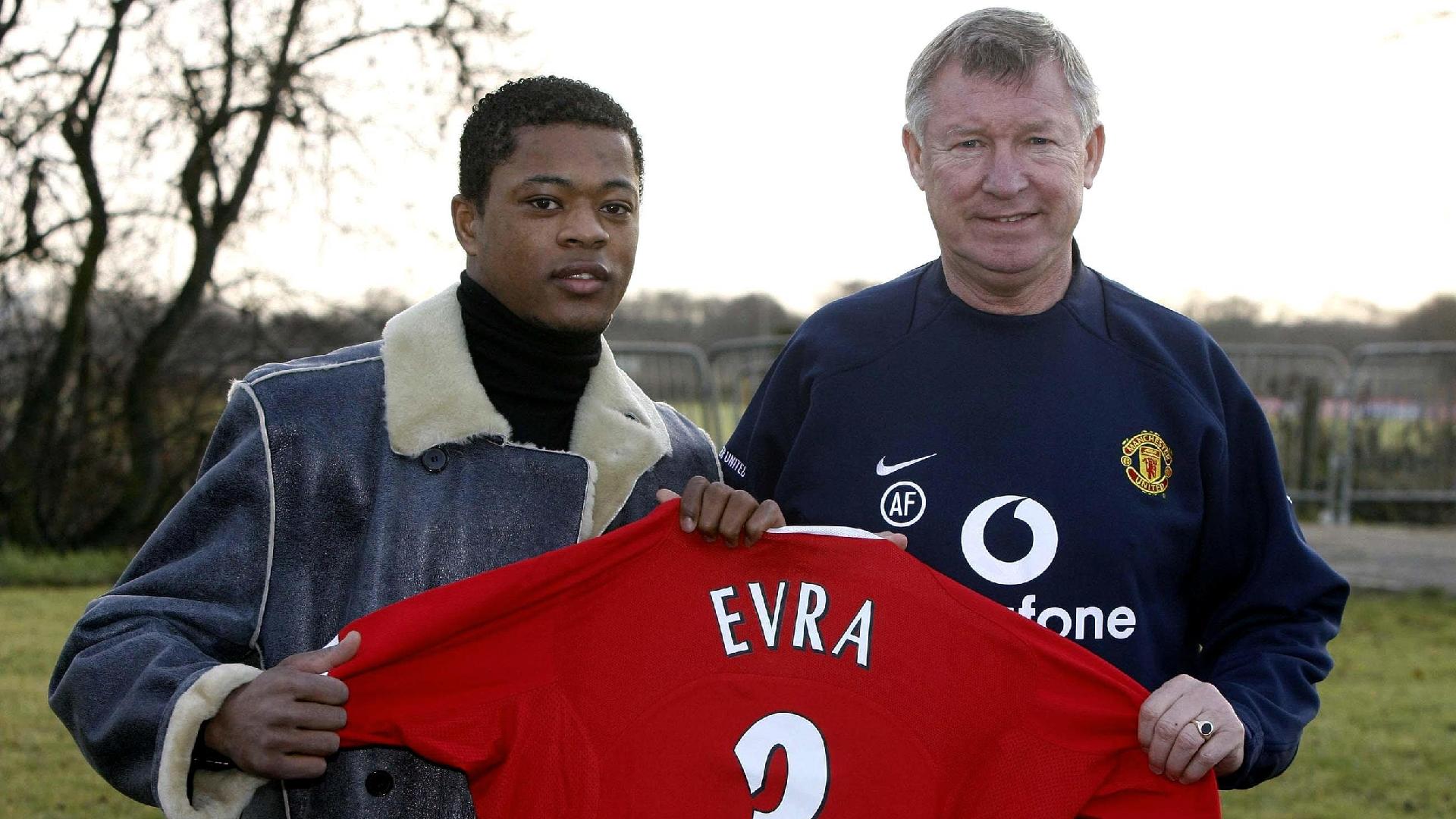
After his stint in Italy, Patrice Evra returned to France and joined professional club Nice in Ligue 2, the second division of French football. Initially, he spent most of his time playing for the reserve team in the Championnat de France amateur, showcasing his skills as a midfielder and scoring one goal in 18 appearances.
However, midway through the season, Evra was called up to the first team by manager Sandro Salvioni. He made his club debut as a left winger in a match against Châteauroux, and went on to make several appearances for the first team, including starts and substitute appearances in various positions.
In the following season, Evra was promoted to the first team permanently and switched to the number 17 shirt. Due to injuries to other players, he was tasked with filling in as a left-back and performed admirably in the role. Evra's versatility allowed him to play both as a left-back and in his preferred left wing position throughout the season.
Evra's contributions were crucial as Nice earned promotion to Ligue 1 for the first time in several years. His performances earned him recognition, as he was named to the UNFP Ligue 2 Team of the Year as a left-back.
After his stint at Nice, Patrice Evra joined their rival club Monaco. Despite initially wanting to play as a left winger, he was advised by manager Didier Deschamps to play as a left-back. This decision proved pivotal for Evra, as Deschamps' guidance helped him develop into a better defender.
Evra made his debut for Monaco in the opening match of the 2002–03 season against Troyes, playing the entire match in a 4–0 win. He quickly adapted to his new role and became an integral part of Monaco's defense. Throughout the season, he showcased his versatility by also playing as a left winger when required.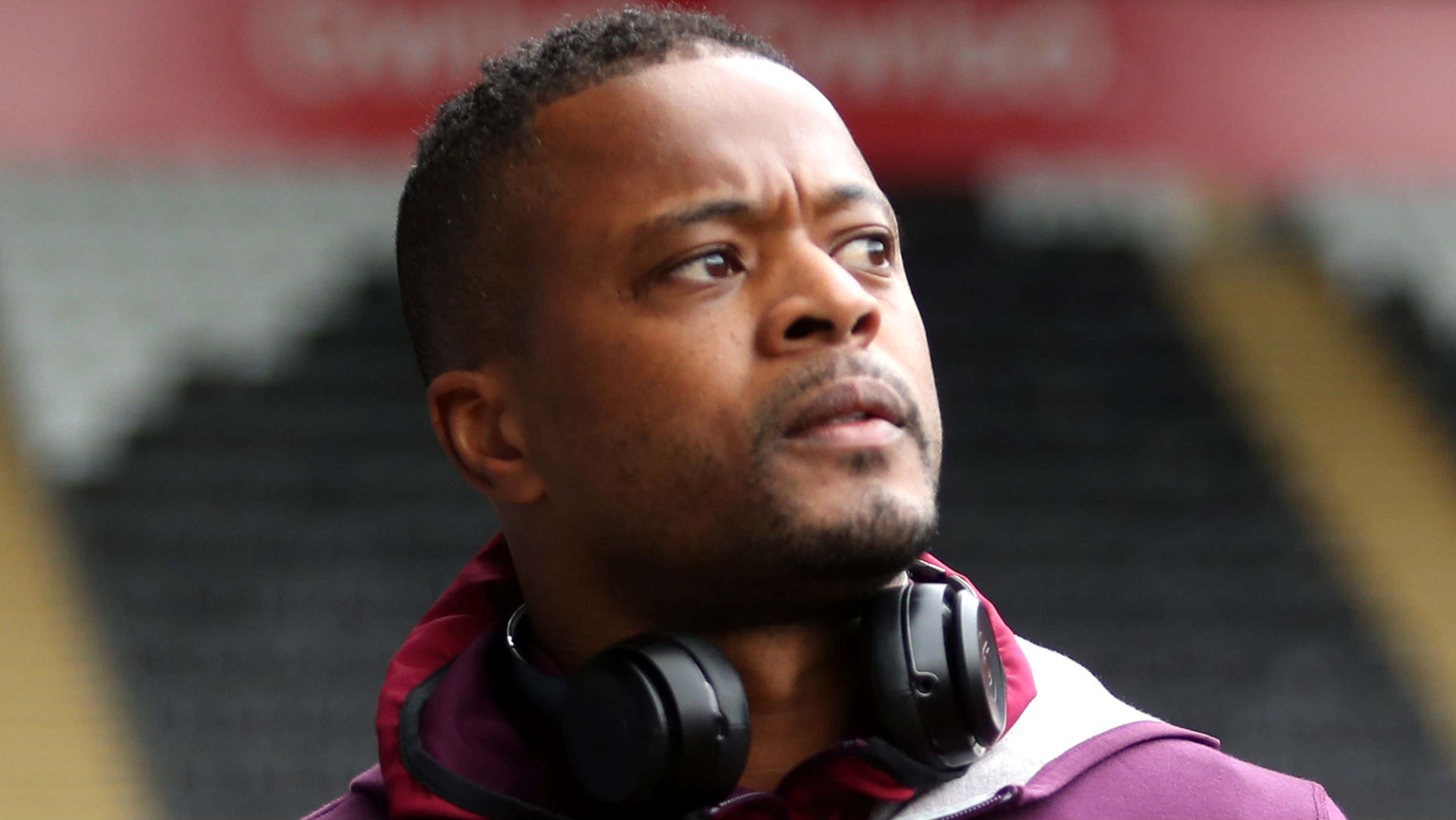
In the 2003–04 season, Evra was appointed as a vice-captain and continued to excel as Monaco's left-back. He played a key role in the team's UEFA Champions League campaign, helping them reach the semi-finals. Despite suffering an ankle injury during the quarter-finals, Evra returned to action and played in both legs of the semi-finals against Chelsea.
Monaco ultimately reached the final of the 2004 UEFA Champions League but were defeated by Porto. However, Evra's performances throughout the season earned him the UNFP Young Player of the Year award, becoming the first defender since 1997 to win the accolade.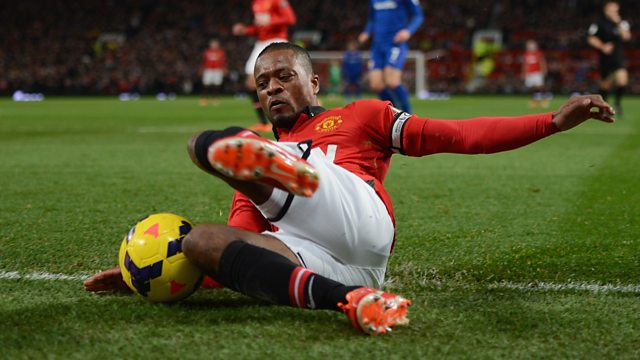
Despite attracting interest from clubs like Manchester United, Juventus, and Internazionale, Evra remained loyal to Monaco and signed a contract extension in 2004. He continued to impress during the 2004–05 season, appearing in a career-high 52 matches and contributing to Monaco's campaigns in various competitions.
However, Monaco struggled in the 2005–06 season, and Evra made his final appearance for the club in December 2005. Despite his departure, Evra's time at Monaco was marked by significant achievements and personal growth, establishing himself as one of the best left-backs in Europe./origin-imgresizer.eurosport.com/2014/04/10/1215480-25368327-2560-1440.jpg)
References
- "2014 FIFA World Cup Brazil: List of Players: France" (PDF). FIFA. 14 July 2014. p. 15. Archived from the original (PDF) on 3 February 2020.
- ^ "Patrice Evra". Barry Hugman's Footballers. Retrieved 3 June 2019.
- ^ "Rosa della Prima Squadra Maschile Juventus". Archived from the original on 25 October 2016. Retrieved 5 December 2015.
- a b c d e "Patrice Evra". ESPN FC. ESPN Internet Ventures. Archived from the original on 1 January 2014. Retrieved 7 April 2011.
- ^ "After torrid World Cup, Evra embroiled in controversy yet again". Sports Illustrated. Time. 21 October 2011. Archived from the original on 21 December 2011. Retrieved 21 December 2011.
- ^ "Blog: Evra is Manchester United's Mr Reliable". itv.com. ITV. Retrieved 21 December 2011.[permanent dead link]
- a b "Evra, il rinnovo è ufficiale" (in Italian). sport.libero.it. Archived from the original on 18 August 2017. Retrieved 13 September 2014.
- ^ Jackson, Jamie (21 July 2014). "Juventus sign Patrice Evra from Manchester United on two-year deal". The Guardian. ISSN 0261-3077. Archived from the original on 16 June 2020. Retrieved 16 June 2020.
- ^ Steinberg, Jacob (7 February 2018). "West Ham sign Patrice Evra on deal to end of season". The Guardian. ISSN 0261-3077. Archived from the original on 16 June 2020. Retrieved 16 June 2020.
- a b c d e Zouaoui, Farid (26 May 2004). "Patrice Evra, le petit prince des Ulis". Le Parisien (in French). France: Éditions Philippe Amaury. Archived from the original on 30 September 2012. Retrieved 7 April 2011.
- a b "Les Ulis se souviennent d'Evra et d'Henry". Le Parisien (in French). France. 26 May 2009. Archived from the original on 30 September 2012. Retrieved 7 April 2011.
















































